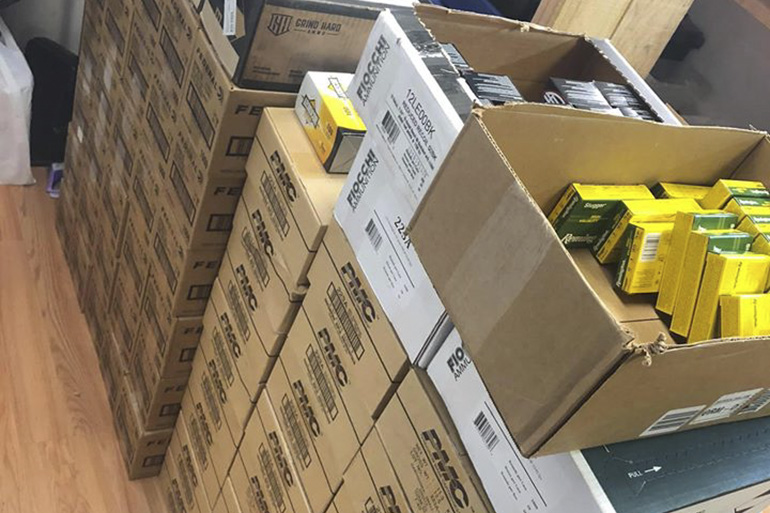
Time and time again, in the wake of a mass shooting it’s revealed that the shooter was carrying enough weaponry to kill everyone inside a school, movie theater, grocery store or even a full-sized mall. It’s not hard for the killers to build a significant arsenal of assault rifles, handguns, high-capacity magazines – and bullets. Lots of bullets.
Each year billions of bullets are sold in the U.S., making bullet sales a booming business. A recent trade report estimated the global small caliber ammunition market size is expected to reach $11.30 billion by 2030. And gun sales have ramped up, hitting buying highs even during pandemic-related ammunition shortages. Even then, the U.S. government and munitions manufacturers have reported increased sales and higher prices by resellers as buyers stockpiled bullets and guns.
After a mass shooting, public attention inevitably turns to a debate on the control of guns. But with shooters so often stocked up on ammunition in order to kill as many as possible, many are left to wonder: What about the bullets? …
Data collection and reporting of large sales to state police, along with other measures such as behavioral threat assessments, will help law enforcement to identify bad actors, [Matthew] Platkin, the New Jersey attorney general, said. Law-abiding gun owners who purchase ammunition in bulk won’t have anything to worry about, Platkin said. …
“Nothing that we have done has taken away or intends to take away people’s lawful right to possess firearms and possess legal ammunition. What we’re trying to do is keep folks safe,” Platkin said.
— Jeanine Santucci in Bullet sales are rising and so are death totals in mass shootings. Can they be stopped?




